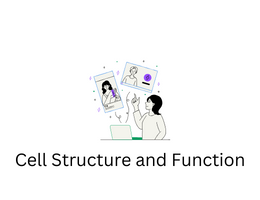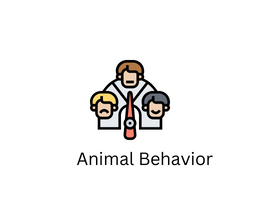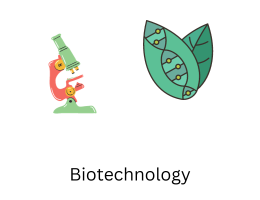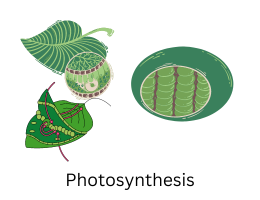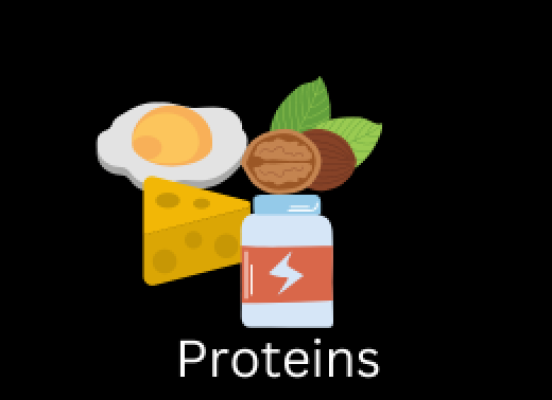
Proteins
Proteins: The Building Blocks of Life
- By admin --
- Sunday, 02 Apr, 2023
Proteins are the building blocks of life, playing a critical role in the structure and function of living organisms. These complex molecules are made up of long chains of amino acids, which are linked together by peptide bonds. The sequence of amino acids in a protein determines its unique 3-dimensional structure, which in turn determines its function. Proteins have many important roles in living organisms, including providing structural support, enzymatic catalysis, transport, immune defense, and hormonal signaling.
One of the key functions of proteins is to provide structural support. Many proteins, such as collagen, elastin, and keratin, provide support and shape to cells, tissues, and organs. For example, collagen is a major component of connective tissues like tendons and ligaments, while keratin is a key component of hair, nails, and the outer layer of skin. The unique structure of these proteins allows them to provide strength and flexibility to different parts of the body.
Proteins also act as catalysts for biochemical reactions in cells. Enzymes are specialized proteins that speed up chemical reactions and help to regulate metabolic processes. Without enzymes, many biochemical reactions would occur too slowly to sustain life. For example, the enzyme lactase helps to break down lactose in milk, allowing it to be digested by humans. Enzymes also play a critical role in the regulation of cellular processes, helping to control the rate and direction of biochemical reactions.
Transport is another important function of proteins. Some proteins act as carriers, transporting molecules such as oxygen, nutrients, and waste products across cell membranes and throughout the body. Hemoglobin, for example, is a protein found in red blood cells that carries oxygen from the lungs to the body's tissues. Other proteins, like albumin, transport a wide range of molecules throughout the body, including hormones, drugs, and fatty acids.
Proteins are also critical for immune defense. Antibodies are proteins that recognize and neutralize foreign substances like viruses and bacteria. These proteins are produced by specialized cells in the immune system in response to an infection. Antibodies bind to specific foreign molecules, marking them for destruction by other cells in the immune system.
Finally, proteins are involved in hormonal signaling. Hormones are proteins that act as messengers, transmitting signals between cells and regulating physiological processes like growth and development. For example, insulin is a hormone that helps to regulate blood sugar levels by signaling cells to absorb glucose from the blood. Other hormones, like growth hormone and thyroid hormone, regulate growth, metabolism, and other important physiological processes.
In conclusion, proteins are essential to the structure, function, and regulation of living organisms. The unique sequence of amino acids in a protein determines its structure and function, which can vary widely depending on the specific protein. Proteins play many important roles in the body, including providing structural support, catalyzing biochemical reactions, transporting molecules, defending against foreign substances, and transmitting signals between cells. Without proteins, life as we know it would not be possible.

